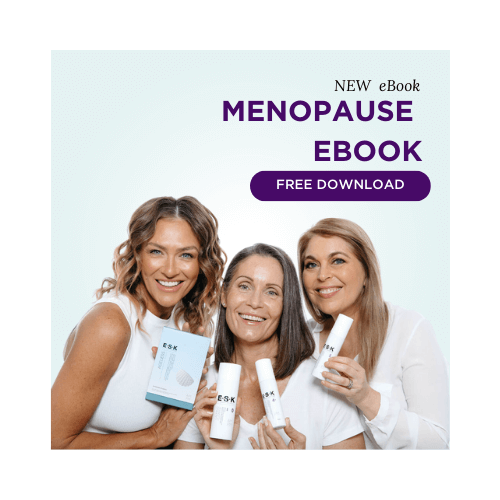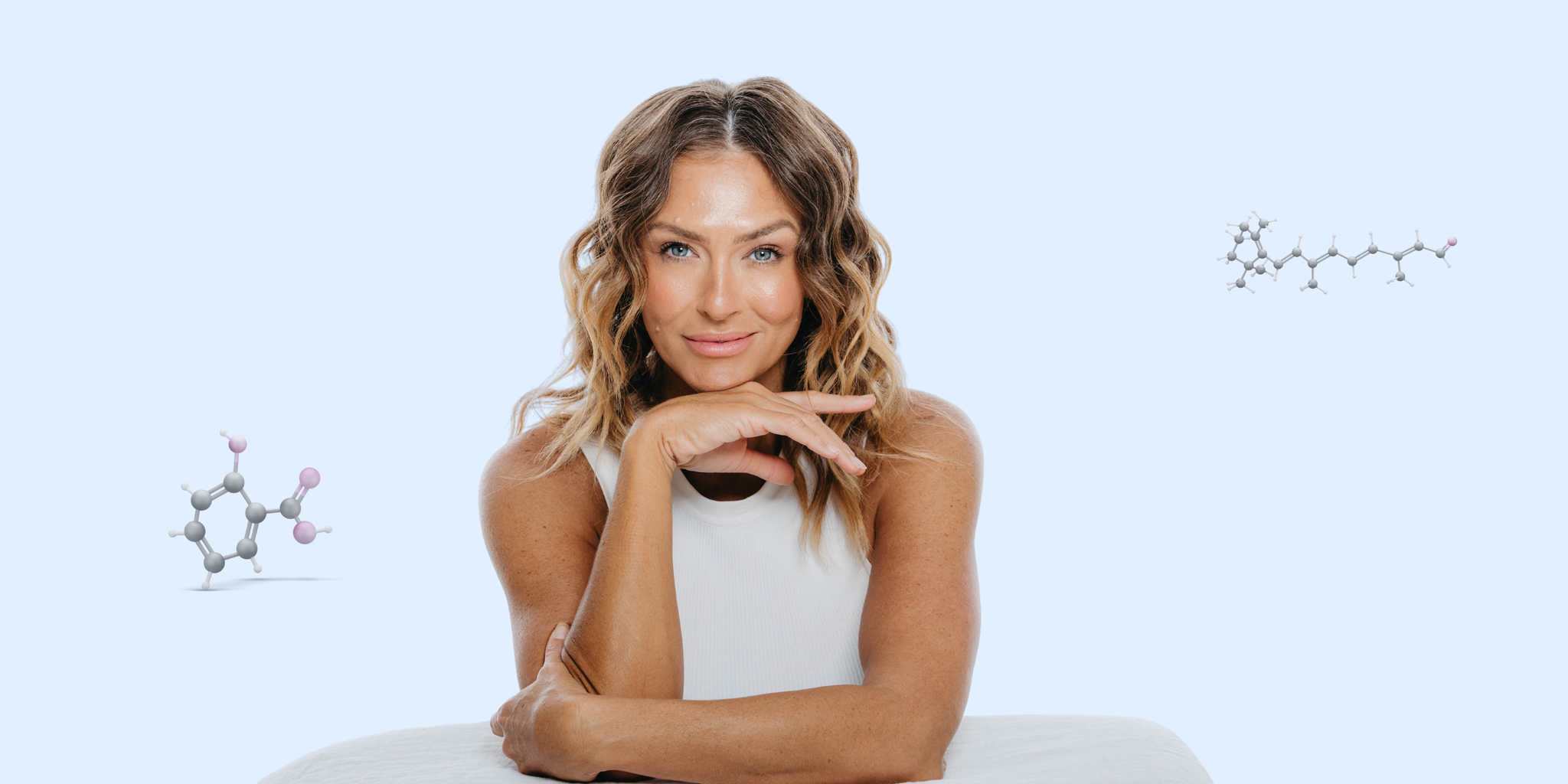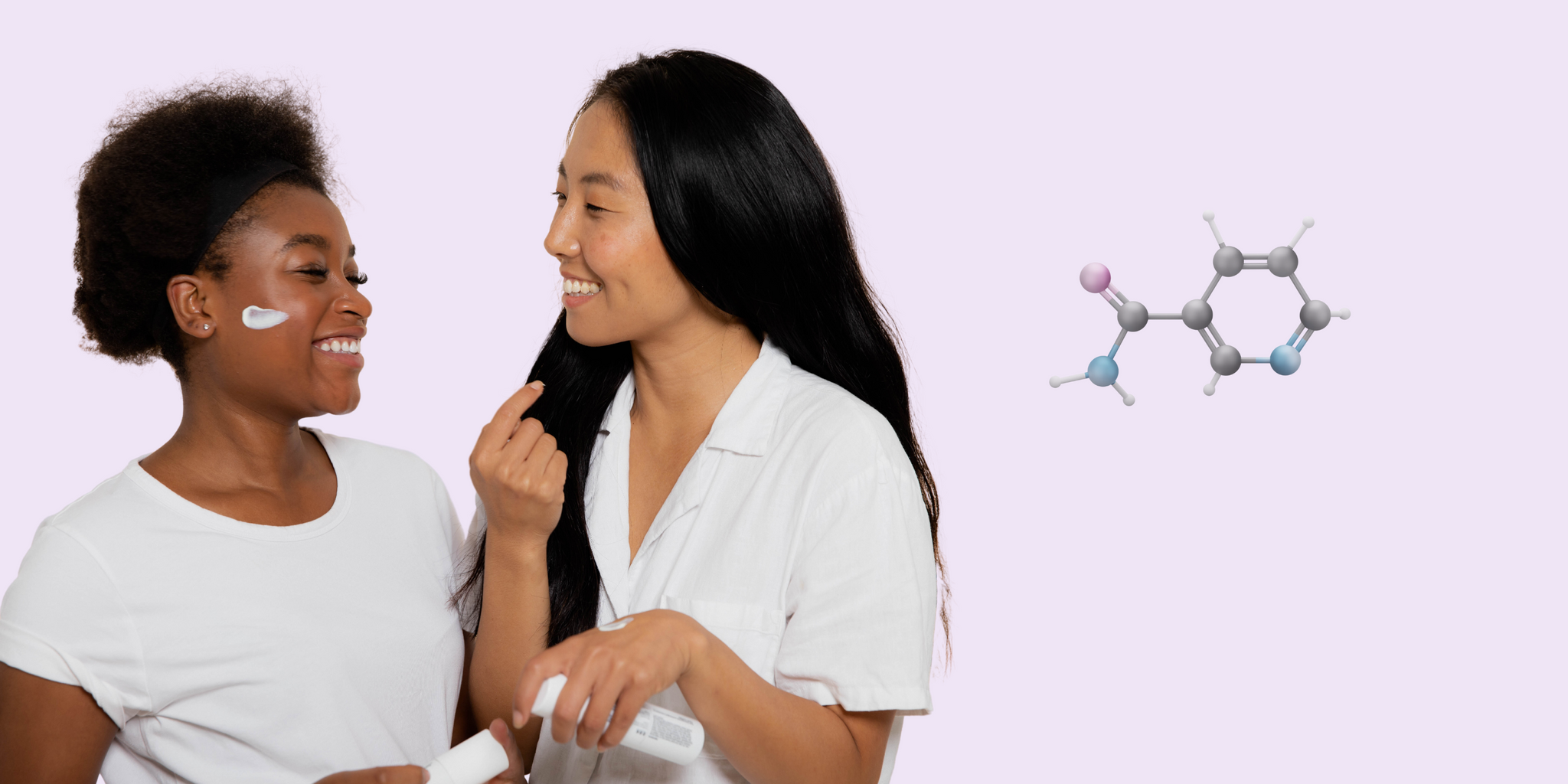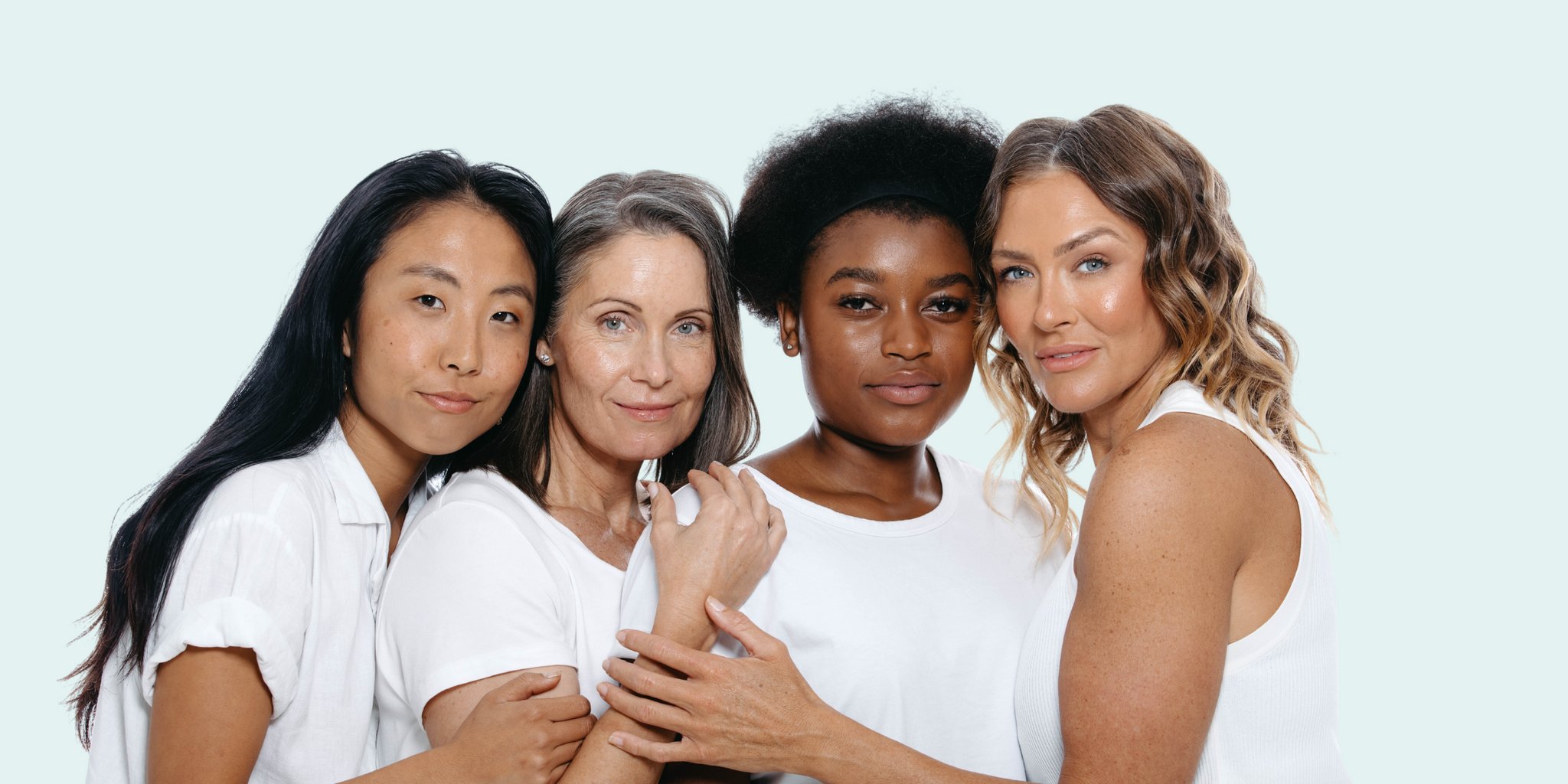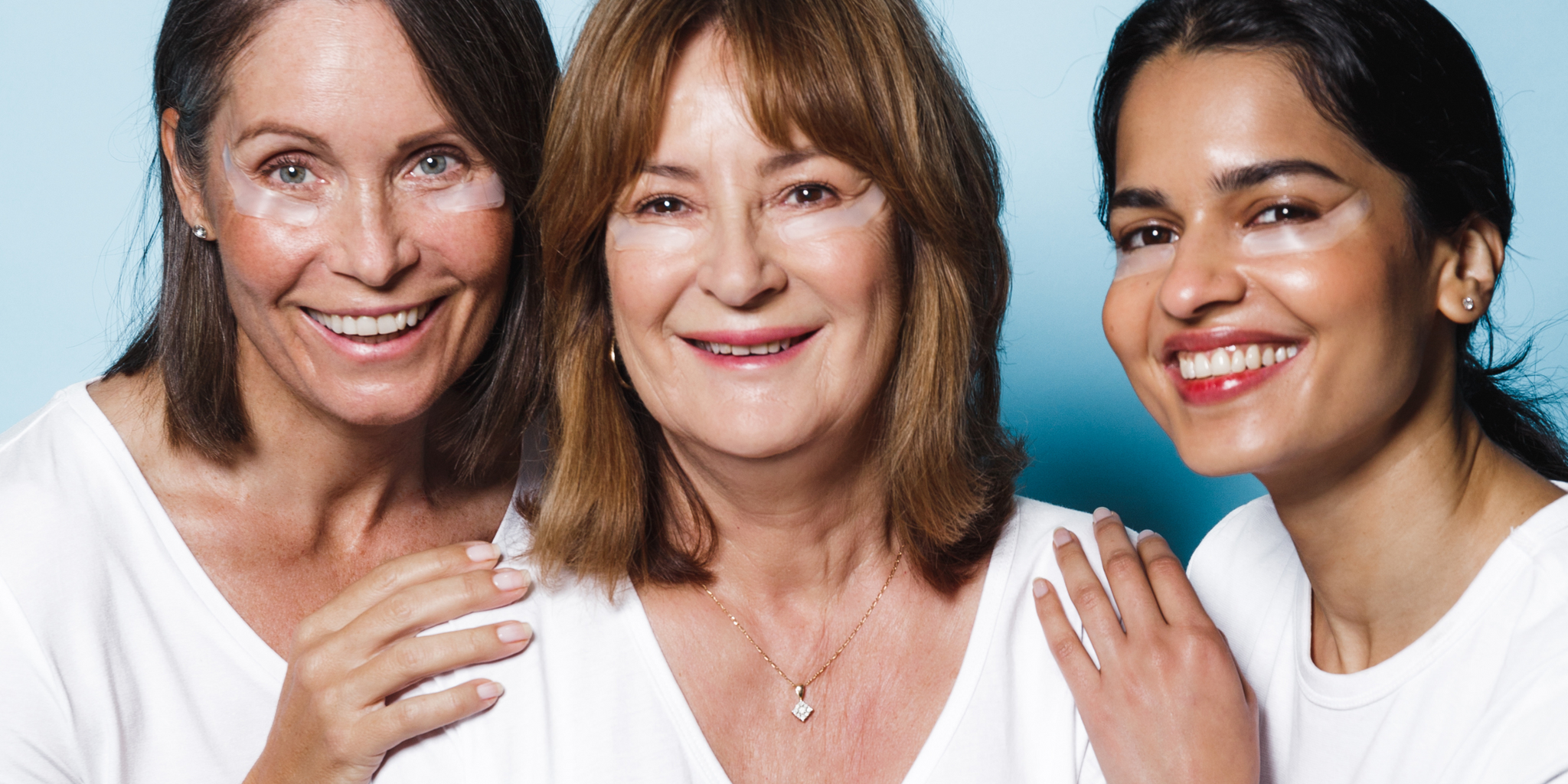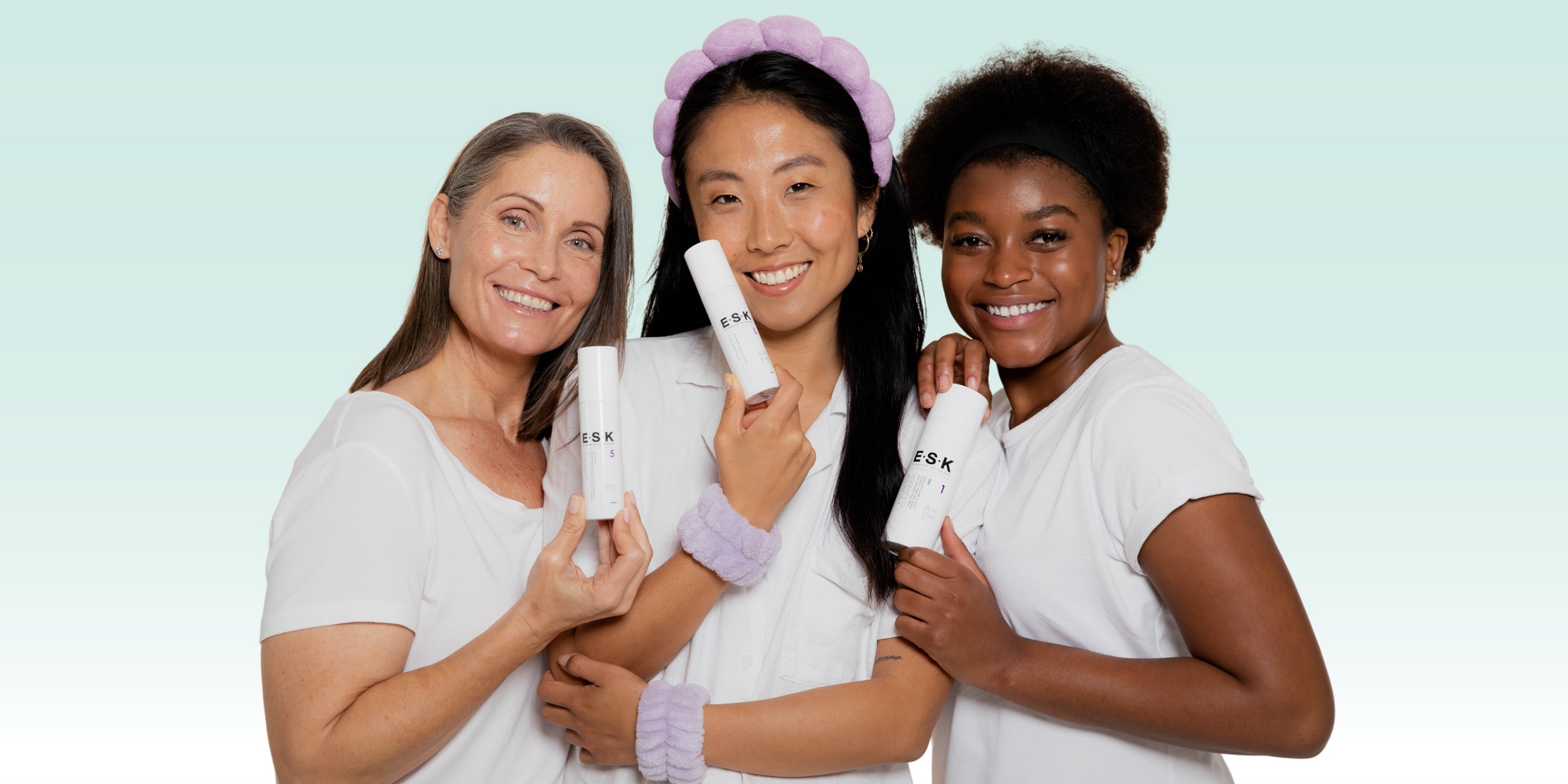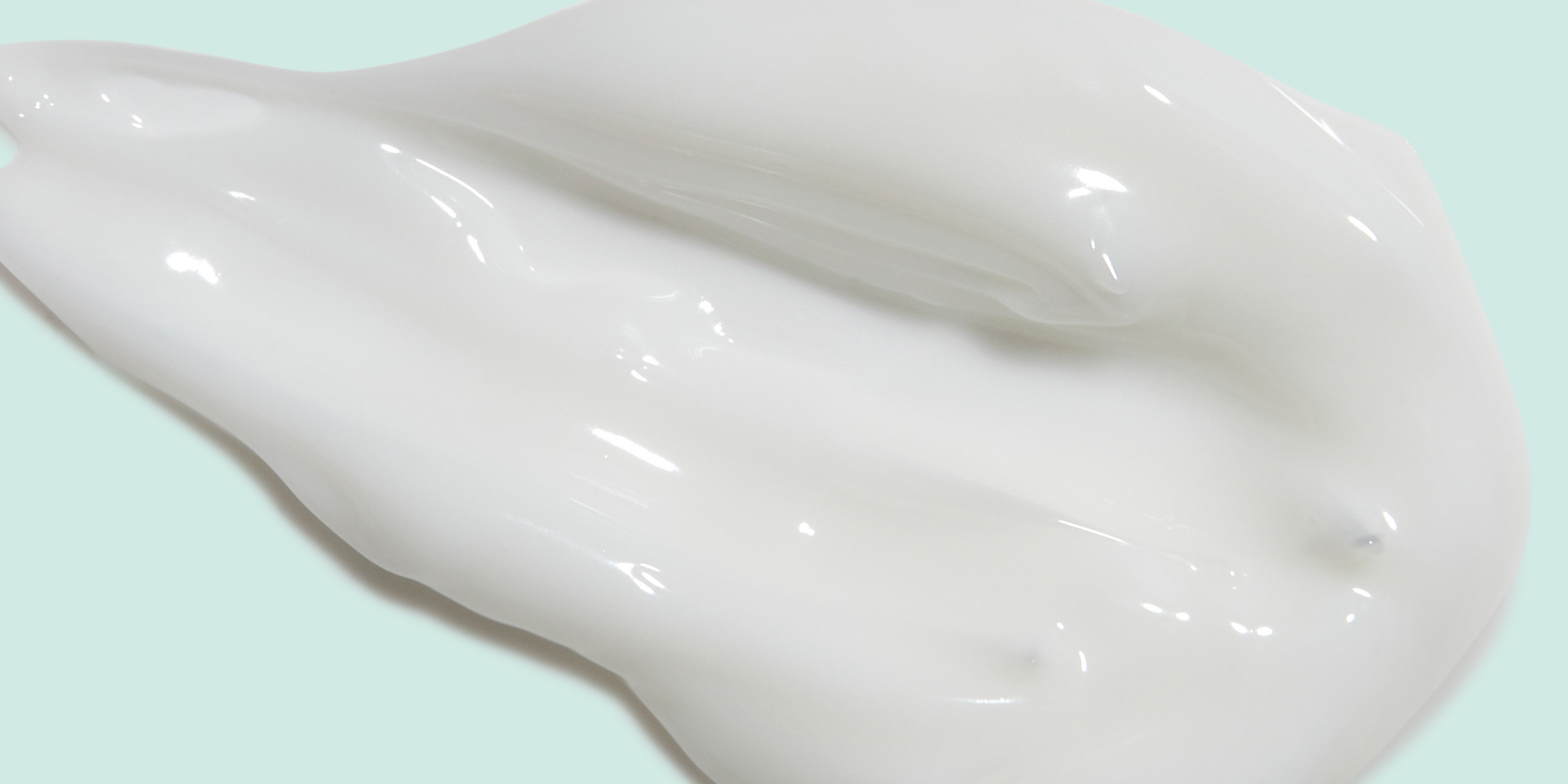
The ESK blog
Why does melasma happen in pregnancy?
19 August 2024
Dr Anne Thomson
Why does melasma happen in pregnancy?
Melasma is the appearance brown patches on the face around the cheeks, nose, and forehead that happen at any time, but especially when you are pregnant.
What causes the uptick in melasma in pregnancy?
Hormone changes
What EXACTLY do oestrogen and progesterone do to increase pigmentation?
We’re not 100% sure.
During pregnancy, when there are much higher levels of oestrogen and progesterone in the body, or even when taking the oral contraceptive pill, we see rates of melasma go up and melasma fades within the year after birth as hormone levels drop.
Studies have shown that when exposed to oestrogen in a Petrie dish, melanocytes produce more pigment but not progesterone.
Genes
This is your NUMBER ONE risk factor. If your family members tend to get pigmentation, chances are you will too. The exact genes haven’t yet been identified. There are racial variations, too. Middle Easterners, East Asians, Indians, African Americans, and Latin Americans, are more affected by melasma than others, such as North Europeans, Indigenous Australians, Amerindians, and populations from Sub-Saharan Africa.
UV exposure
The sun’s UV rays directly stimulate your pigment producing cells, as well as causing inflammation that can make pigmentation worse. Both the UVB for burning and UVA for aging rays cause pigmentation.
Exposure to UV radiation accumulates over time and this cumulative sun exposure increase skin pigmentation that often persists long term.
Combatting melasma in pregnancy
If you have melasma, and you want to get rid of it, you need to understand the safety of the skincare ingredients or devices you might choose to combat the issue.
Sun protection
Get your SPF on. An ounce of prevention is worth a pound of cure. If your genes and hormones are working against you, avoiding the sun is SUPER important. Dermatologists and obstetricians recommend pregnant women use sunscreen. Apart from melasma, sunburn is not great for pregnant women. Blistering sunburn can become easily infected and taking any antibiotic can be tricky in pregnancy.
There is not one preferred sunscreen choice for pregnant women. At the moment, all are considered ok because there is no published data suggesting that any sunscreens have caused any unwanted effects on mum or her unborn baby.
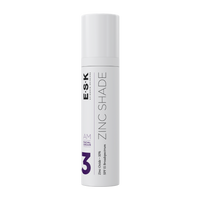
Zinc Shade
Zinc Shade – UV Protection Skincare Product
Zinc Shade is your perfect daily sunscreen, formulated with zinc oxide for broad-spectrum UV protection. Unlike traditional chemical sunscreens, this mineral sunscreen deflects harmful UV rays rather than absorbing them, offering gentle, effective defence against both UVA (aging) and UVB (burning) rays.
We spent countless iterations perfecting this lightweight, non-greasy formula to avoid the typical white cast and thick feel of zinc products. The results? A matte finish that works beautifully under makeup. With anti-inflammatory and antibacterial benefits, Zinc Shade also supports acne-prone and sensitive skin, like rosacea and eczema. It’s your ideal go-to for sun protection and skin health.
Zinc Shade based daily cream providing you with the protection you need from both UVA (aging) and UVB (burning) rays. (Sunscreen with zinc)
- Protects from the sun's UVA and UVB rays
- Can be used under make-up
- Rated SPF15 - it has been tested at 23 and has boosted levels of UVA protection.
But besides sun protection, what are the dos and don’ts of skincare in pregnancy?
The don’ts
Vitamin A
Taken as an oral tablet, Vitamin A causes birth defects in the unborn baby and should NEVER be taken during pregnancy. There is less evidence when it comes to topical Vitamin A. Studying this directly is obviously a little difficult but the studies we do have from accidental exposure for example show that that the risk is minimal when using topical vitamin A. But at this stage, the consensus is that the risk still outweighs the benefits, and all vitamin A both oral and topical should be completely avoided during pregnancy.
Hydroquinone
Hydroquinone absorbs through skin in larger amounts than other skincare ingredients and therefore should be avoided during pregnancy.
The dos
Tyrosinase inhibitors
Tyrosinase kick starts the production of melanin pigment inside the melanocytes. More tyrosinase = MORE pigmentation. Less tyrosinase = less pigmentation. So, the first step in tackling any pigmentation is often trying to INHIBIT tyrosinase!
From studies, we know that 4NB is the most potent inhibitor of human tyrosinase available. Studies have shown great depigmentation effects at 0.1% twice daily and 0.3% once daily. How effective? 84% of people get significant reduction in their pigmentation, even when used alone. It is very well tolerated and can be used long term.
Like so many ingredients, 4-n Butylresorcinol hasn’t been studied specifically in pregnancy, but human studies have shown very little is absorbed from the skin into the bloodstream and so is unlikely to reach the placenta in substantial amounts there are no safety concerns around using 4NB in skincare in pregnancy.

Enlighten
Enlighten is our ultimate solution for targeting hyperpigmentation, featuring 4-n-butyl resorcinol (4NB) - the most potent tyrosinase inhibitor available.
Tyrosinase is the enzyme responsible for melanin production, which can lead to unwanted pigmentation. By inhibiting tyrosinase, 4NB helps reduce the formation of dark spots, melasma and even post inflammatory hyperpigmentation, delivering visible results.
Remarkably, 4NB is more powerful than kojic acid, arbutin and even hydroquinone at suppressing tyrosinase
Studies show that 84% of people experience significant pigmentation reduction, even when using 4NB alone. Safe for long-term use and gentle on skin, Enlighten is our top choice for a brighter, more even complexion.
Featuring;
- Ingredients formulated for a lighter and brighter complexion appearance
- Powerful skin barrier builders
- Powerful results yet gentle enough for daily use
A gentle yet effective tyrosinase inhibitor to fade pigmentation and age spots.
- Lighten & brighten skin appearance
- Even out skin tone
- Increase skin elasticity
L-Ascorbic Acid (Vitamin C)
L-Ascorbic Acid (Vitamin C) inhibits tyrosinase therefore reduces the ability of the skin to make melanin. A large Cochrane review of oral vitamin supplements in pregnancy found they were not particularly helpful in pregnancy but did no harm either. So it’s considered safe to apply to the skin in pregnancy.
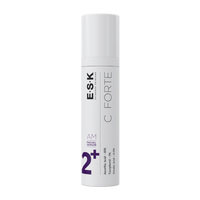
C Forte
C Forte Morning Serum is packed with 16% L-ascorbic acid, the purest form of Vitamin C, combined with vitamin E and ferulic acid for maximum results. Vitamin C defends against sun damage by neutralising free radicals. It also boosts collagen, helps combat pigmentation by inhibiting tyrosinase, the enzyme responsible for melanin production and it’s anti-inflammatory. The result? Brighter, firmer skin with fewer fine lines and less pigmentation. Formulated at the ideal pH (2.5-3.5) and housed in airless, opaque packaging, C Forte ensures stability and effectiveness, delivering radiant skin with every use.
Featuring;
-
Evidence based ingredients and formulations for superior efficacy.
-
Potent collagen building properties
-
Fewer fine lines, crows feet and pigmentation.
C Forte can be comedogenic in acne prone skin and can cause irritation in sensitive skin, including rosacea.
Niacinamide (Vitamin B3)
Niacinamide acts as an antioxidant plus it inhibits pigment transfer inside the skin. Like Vitamin C, topical Vitamin B3 hasn’t been studied in pregnancy. But given that it is being investigated as an oral supplement for pre-eclampsia, it is considered a safe option.

B Calm
B Calm Acne Cream is specially formulated to treat acne-prone skin while supporting a healthy skin barrier. Acne-prone skin often has a compromised barrier, leading to dryness beneath an oily surface. B Calm combines barrier-strengthening ceramides, which not only improve skin resilience but also help reduce breakouts. With salicylic acid to exfoliate, fight bacteria, and calm inflammation, B Calm targets pimples directly. Niacinamide (Vitamin B3) adds additional anti-inflammatory and antibacterial benefits while reducing excess oil production. This lightweight cream is gentle enough for daily use, making it an ideal solution for clearer, balanced, and healthier-looking skin.
Featuring;
-
Ingredients formulated for an improved skin barrier function
-
Powerful reduction in your skin’s oil production
Alpha Hydroxy Acids (AHAs)
Alpha Hydroxy Acids (AHAs) help with skin cell turnover which results in quicker pigment dispersion through the skin. are considered as category A for pregnancy, in other words, safe to use.
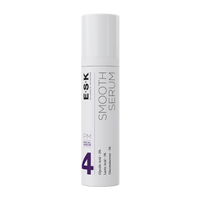
Smooth Serum
Smooth Serum is a powerful night treatment designed for those looking to improve skin texture and target signs of aging. Formulated with 3% glycolic acid, 1% lactic acid, and 1% gluconolactone, it offers gentle chemical exfoliation, much kinder to skin than scrubs or beads. This AHA blend promotes cell renewal, helping to reduce fine lines, wrinkles, pore size, and pigmentation while combating acne. It also increases the effectiveness of Retinal in our two night creams. Smooth Serum is perfect for those wanting a fresher, more refined complexion. Achieve smoother, revitalised skin overnight! However, due to its active ingredients, it’s not recommended for sensitive skin or rosacea, as it may cause irritation.
Featuring;
-
A combination of alpha hydroxyacids for smoother skin
-
Improved skin texture
-
Enhanced skin cell turnover
Lasers, pulsed light devices and other procedures to battle pigmentation
Proceed with caution! A position paper from the European Society of Laser in Dermatology stated that lasers and pulsed light devices are very effective for treating age spots often called lentigos as well as that very deep dermal pigmentation but should only be used with great caution for melasma or post inflammatory hyperpigmentation. That’s because they can cause worse pigmentation because of their tendency to cause inflammation.
Being pregnant doesn’t have to mean putting up with melasma. With a few small tweaks to your skincare regime, you can get your pregnancy glow on!

